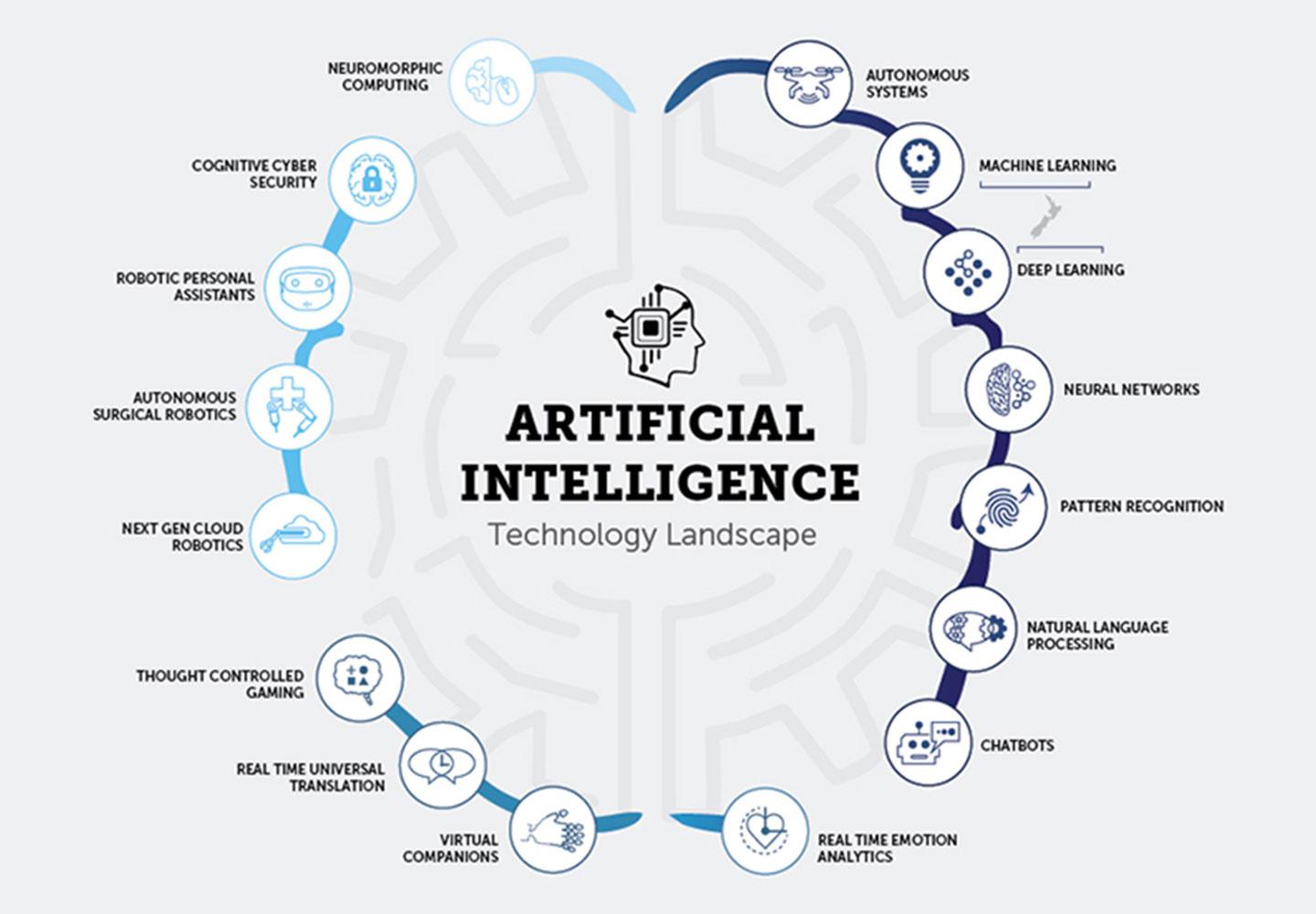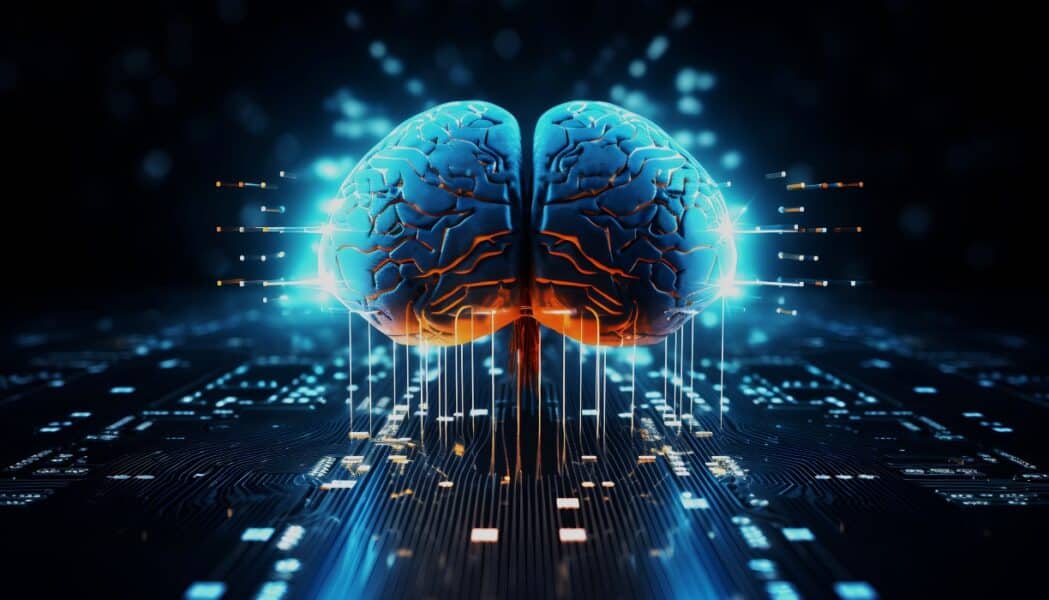
Expert System (AI) is changing education while making discovering more accessible however also sparking disputes on its effect.

While students hail AI tools like ChatGPT for enhancing their learning experience, forum.altaycoins.com lecturers are raising concerns about the growing dependence on AI, which they argue fosters laziness and undermines scholastic integrity, particularly with numerous students unable to protect their assignments or given works.
Prof. Isaac Nwaogwugwu, a lecturer at the University of Lagos, in an interview with Nairametrics, expressed frustration over the growing dependence on AI-generated reactions among trainees stating a current experience he had.
RelatedStories
Avoid sharing individual information that can recognize you with AI tools- Expert alerts
Chinese AI app DeepSeek stimulates global tech selloff, challenges U.S. AI dominance
"I gave an assignment to my MBA students, and out of over 100 students, about 40% submitted the specific same answers. These trainees did not even know each other, but they all utilized the exact same AI tool to generate their reactions," he said.
He kept in mind that this pattern is prevalent amongst both undergraduate and postgraduate trainees however is especially concerning in part-time and range knowing programs.
"AI is a severe difficulty when it concerns assignments. Many trainees no longer think critically-they just go on the internet, create answers, and submit," he added.
Surprisingly, nerdgaming.science some speakers are likewise accused of over-relying on AI, setting a cycle where both teachers and students turn to AI for convenience instead of intellectual rigor.
This argument raises crucial questions about the function of AI in scholastic stability and student development.
According to a UNESCO report, forum.batman.gainedge.org while ChatGPT reached 100 million month-to-month active users in January 2023, just one country had launched policies on generative AI since July 2023.
Since December 2024, ChatGPT had over 300 million people utilizing the AI chatbot every week and 1 billion messages sent every day around the world.
Decline of scholastic rigor
University speakers are significantly worried about students sending AI-generated assignments without truly comprehending the content.
Dr. Felix Echekoba, a speaker at Nnamdi Azikiwe University, expressed his concerns to Nairametrics about students progressively depending on ChatGPT, just to have problem with answering basic concerns when evaluated.
"Many trainees copy from ChatGPT and submit refined assignments, however when asked fundamental questions, they go blank. It's disappointing since education is about learning, not simply passing courses," he stated.
- Prof. Nwaogwugwu pointed out that the increasing variety of first-rate graduates can not be totally credited to AI but admitted that even high-performing students use these tools.
"A top-notch student is a top-notch trainee, AI or not, however that doesn't suggest they do not cheat. The benefits of AI may be peripheral, however it is making trainees reliant and less analytical," he stated.
- Another speaker, Dr. Ereke, from Ebonyi State University, raised a various concern that some lecturers themselves are guilty of the same practice.
"It's not just trainees utilizing AI lazily. Some speakers, out of their own laziness, create lesson notes, course details, marking schemes, and even examination concerns with AI without examining them. Students in turn use AI to produce responses. It's a cycle of laziness and it is eliminating real knowing," he lamented.
Students' viewpoints on use
Students, on the other hand, say AI has enhanced their knowing experience by making academic materials more reasonable and accessible.
- Eniola Arowosafe, a 300-level Business Administration student at Unilag, shared how AI has actually considerably aided her learning by breaking down complex terms and supplying summaries of prolonged texts.
"AI assisted me understand things more quickly, specifically when handling complex subjects," she described.
However, she remembered an instance when she utilized AI to submit her task, only for her lecturer to immediately acknowledge that it was produced by ChatGPT and decline it. Eniola kept in mind that it was a good-bad effect.
- Bryan Okwuba, utahsyardsale.com who recently graduated with a superior degree in Pharmacy Technology from the University of Lagos, securely thinks that his academic success wasn't due to any AI tool. He associates his impressive grades to actively appealing by asking questions and focusing on locations that lecturers emphasize in class, bbarlock.com as they are often shown in exam concerns.
"It's all about being present, paying attention, and taking advantage of the wealth of understanding shared by my colleagues," he said,

- Tunde Awoshita, a final-year marketing student at UNIZIK, confesses to periodically copying straight from ChatGPT when dealing with several deadlines.
"To be truthful, there are times I copy directly from ChatGPT when I have several due dates, and I know I'm guilty of that, many times the lecturers don't get to check out them, however AI has actually likewise assisted me discover quicker."
Balancing AI's role in education
Experts believe the service depends on AI literacy; mentor trainees and speakers how to use AI as a knowing aid rather than a faster way.
- Minister of Education, Dr. Tunji Alausa, highlighted the combination of AI into Nigeria's education system, stressing the significance of a balanced method that keeps human participation while harnessing AI to improve discovering results.
"As we navigate the quickly progressing landscape of Expert system (AI), it is vital that we prioritise human agency in education. We should guarantee that AI improves, instead of replaces, teachers' crucial role in shaping young minds," he stated
Dorcas Akintade, a cybersecurity change professional, addressed growing issues regarding making use of expert system (AI) tools such as ChatGPT and their prospective risks to the instructional system.
- She acknowledged the benefits of AI, nevertheless, emphasized the need for caution in its use.
- Akintade highlighted the increasing hesitance amongst educators and schools toward incorporating AI tools in learning environments. She determined two main reasons that AI tools are discouraged in academic settings: security dangers and plagiarism. She discussed that AI tools like ChatGPT are trained to react based on user interactions, which may not align with the expectations of educators.
"It is not looking at it as a tutor," Akintade stated, users.atw.hu describing that AI does not accommodate specific teaching approaches.
Plagiarism is another problem, as AI pulls from existing data, typically without appropriate attribution
"A great deal of people require to comprehend, like I said, this is information that has been trained on. It is not just bringing things out from the sky. It's bringing information that some other individuals are fed into it, which in essence implies that is another person's paperwork," she cautioned.
- Additionally, Akintade highlighted an early concern in AI development referred to as "hallucination," where AI tools would create information that was not accurate.
"Hallucination meant that it was drawing out information from the air. If ChatGPT might not get that info from you, it was going to make one up," she described.
She suggested "grounding" AI by providing it with particular information to prevent such mistakes.
Navigating AI in Education
Akintade argued that prohibiting AI tools outright is not the option, particularly when AI provides an opportunity to leapfrog standard academic approaches.
- She believes that consistently reinforcing key info helps people remember and avoid making mistakes when confronted with difficulties.
"Immersion brings conversion. When you inform individuals the very same thing over and over once again, when they are about to make the errors, then they'll keep in mind."
She also empasized the requirement for clear policies and treatments within schools, noting that lots of schools should resolve the individuals and process elements of this use.
- Prof. Nwaogwugwu has actually resorted to in-class assignments and tests to counter AI-driven scholastic dishonesty.
"Now, I primarily utilize projects to make sure trainees supply original work." However, he acknowledged that managing large classes makes this approach difficult.
"If you set complex concerns, trainees won't be able to use AI to get direct responses," he described.
He emphasized the need for universities to train speakers on crafting exam questions that AI can not easily solve while acknowledging that some lecturers battle to counter AI abuse due to an absence of technological awareness. "Some lecturers are analogue," he said.
- Nigeria launched a draft National AI Strategy in August 2024, focusing on ethical AI development with fairness, openness, responsibility, and privacy at its core.
- UNESCO in a report requires the regulation of AI in education, encouraging institutions to audit algorithms, users.atw.hu information, and outputs of generative AI tools to guarantee they fulfill ethical requirements, secure user data, and filter inappropriate material.
- It worries the need to assess the long-lasting impact of AI on vital skills like thinking and imagination while creating policies that align with ethical frameworks. Additionally, UNESCO advises executing age constraints for GenAI use to protect more youthful trainees and safeguard susceptible groups.
- For governments, it advised embracing a collaborated nationwide approach to managing GenAI, consisting of developing oversight bodies and aligning guidelines with existing information defense and privacy laws. It emphasizes examining AI risks, imposing more stringent rules for high-risk applications, and ensuring national data ownership.






